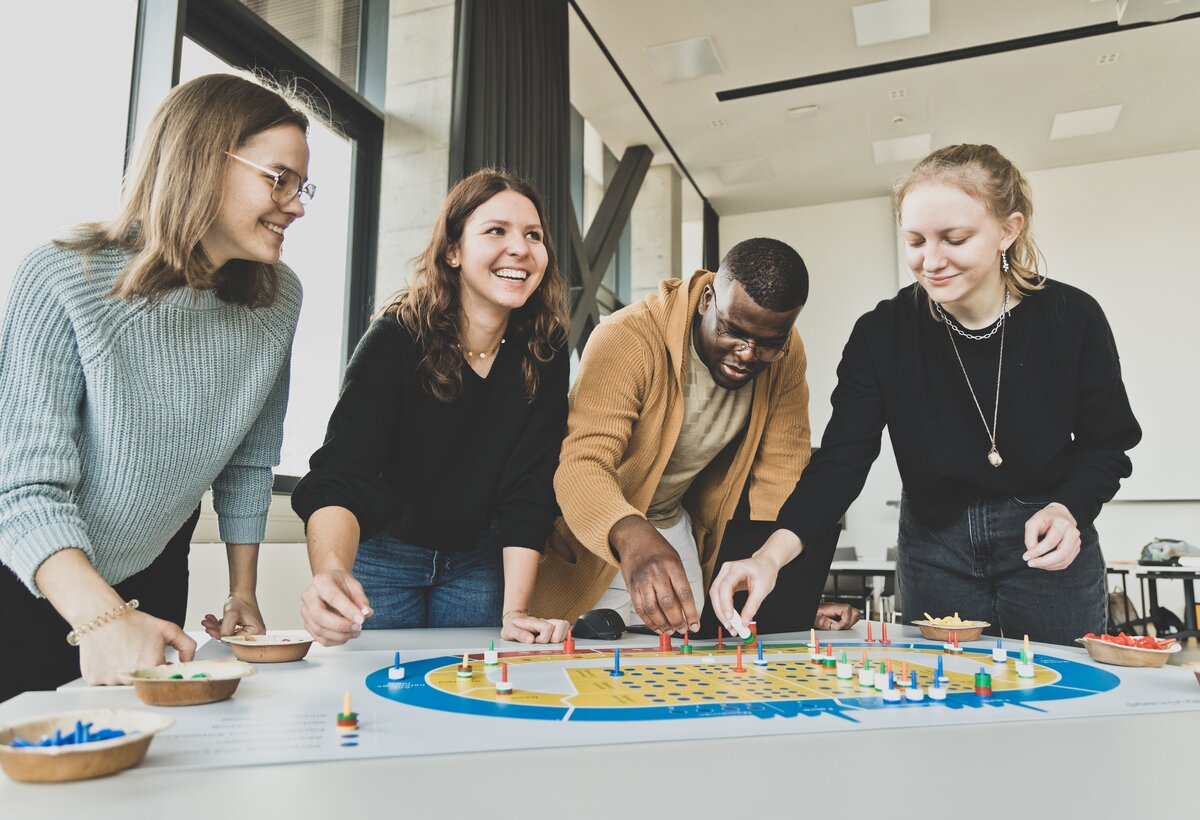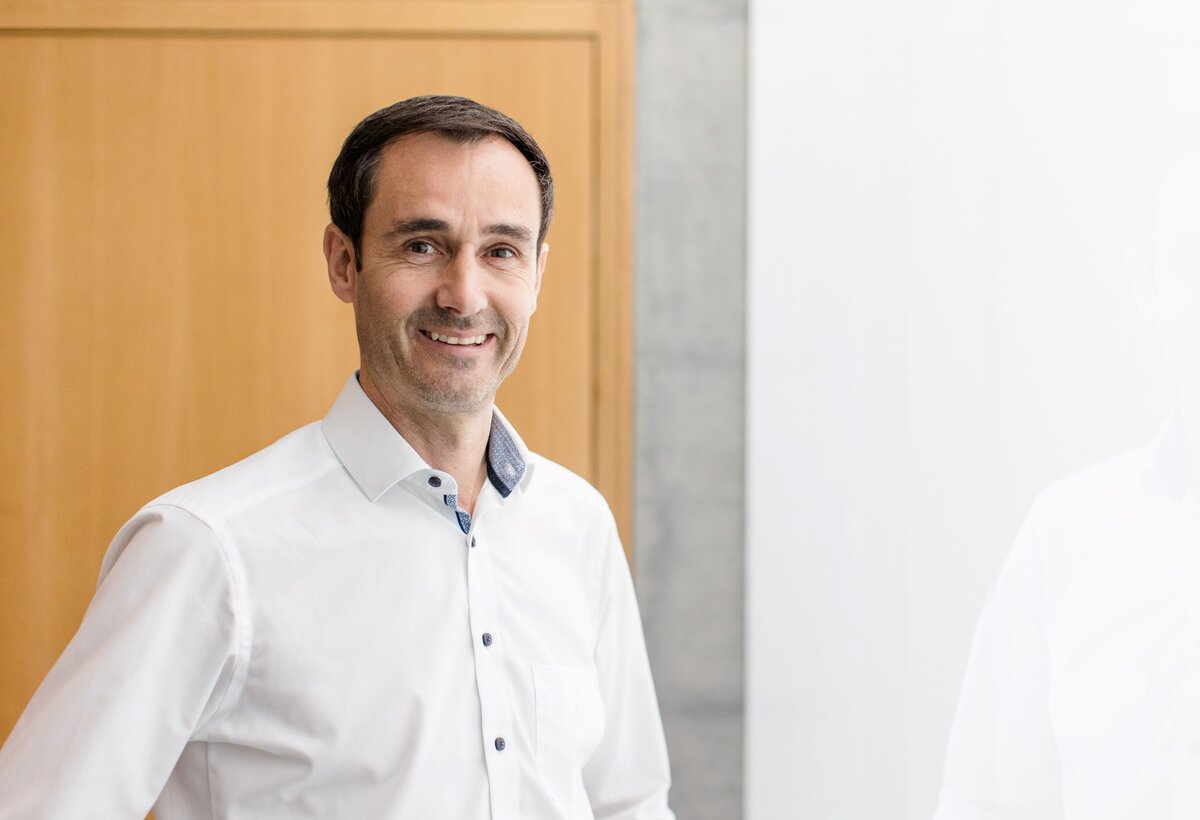Serious gaming makes it possible to simulate reality and play out alternative future scenarios. On Tuesday, April 9, Ivo Wenzler, Professor of Serious Gaming at the NHL Stenden University of Applied Sciences, will give a keynote speech in English on the topic. Registration is still possible via this link. Serious gaming refers to the use of games for serious purposes, beyond pure entertainment value. These applications are used in areas such as education, team training, healthcare, business, military and government simulations as well as problem-solving scenarios. "Serious gaming offers the opportunity to learn and recognize correlations in an error-friendly environment. Based on one's own actions and the wrong decisions made in the test scenario, these are minimized in an emergency," says Willy C. Kriz, lecturer in leadership and head of the Center for Business Management Simulation, Serious Gaming and Gamification (CSG) at FHV.
Preparing for crises
"Serious gaming is used in a variety of ways in the corporate context, including in leadership training, change management, team building, recruitment and strategic planning," explains Kriz. One specific example is the preparation of managers and their teams for crisis situations. While using serious games, participants make important decisions and learn how to deal with their consequences. This improves their crisis management skills and prepares them for real-life scenarios. "Debriefing, i.e. post-processing and reflecting on the game situations, is important. We open the black box of the game so that no misconceptions arise. This is the only way to reflect on the context. The game can also be frustrating because mistakes happen. This triggers emotions and requires processing," emphasizes the expert, whose research work is dedicated to the topic of debriefing.
Play through the transformation process
Failure is welcome when playing. By using serious games, the participants are close to the real world. "For example, when playing through a digital transformation process. Based on the experiences and also the wrong decisions made in the simulation, the participants take the findings with them as a transfer to the real process," explains Kriz. Serious gaming is also used as a management method in lecturers at the FHV and teaches students the basics of entrepreneurship, for example. They found and manage virtual companies, make decisions about production, marketing and finance and experience the effects on the success of their company. "The students gain experience very close to the real world and yet in a safe space," says Kriz, underlining the benefits.








